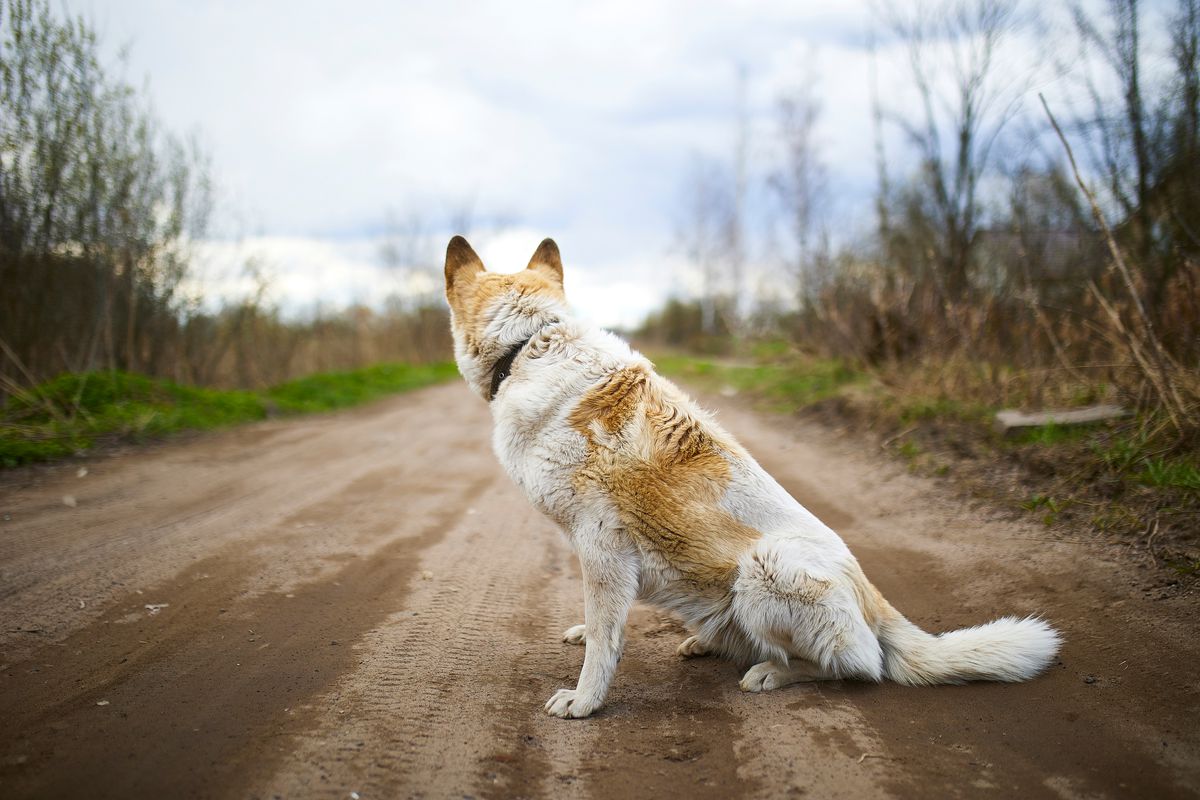Greyhounds are universal blood donors. Most greyhounds have a blood type that can be given to almost any other breed of dog on the planet.
While not technically accurate, it is true that over 85% of greyhounds have a blood type that allows their blood useable in all other dogs. And greyhound blood has additional advantages of being unusually rich in red blood cells, along with having lower than average white blood cells and platelets. There are 12 different blood types in dogs, so finding the universal donors is extremely important as matching donors to patients would be an unmanageable and expensive proposition. While other breeds typically have less than a 50% chance of being a universal donor, we will test any healthy dog over 50 lbs and between 1 and 7 years old.
“When you’re euthanising these dogs, they’re not old dogs, they’re completely healthy, and most of them are still standing there wagging their tails and licking your face while you’re actually euthanising them.”

Why are greyhounds universal blood donors?
California began licensing animal blood and other biologic products in 1974 following the deadly outbreak of the bird virus known as virulent Newcastle disease, according to a legislative analysis. At the time, using colonies of dogs seen as the safest way to limit a donor’s exposure to diseases that could be deadly to a recipient patient.
Animal welfare groups say thriving programs across the country that use household pets show that’s no longer the case.
Now lawmakers are taking another look at the state’s restrictive dog donor laws. Senate Bill 202 by Sen. Scott Wilk (R-Santa Clarita), would allow for veterinary hospitals to accept blood from donation banks that use household pets brought in by their owners. The bill would also eliminate most of the public records exemption for animal blood banks.











